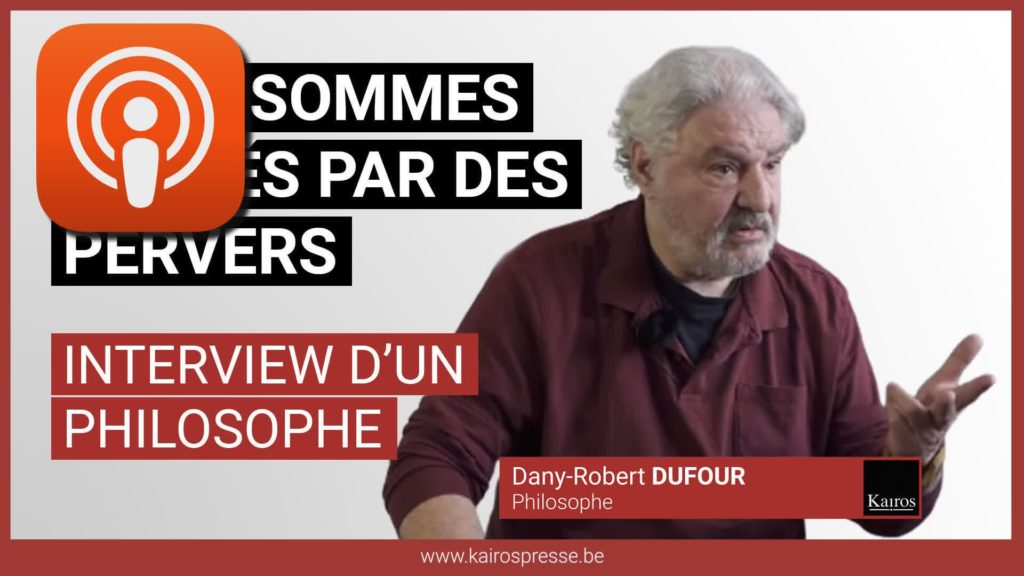
- Dkript-HEBDO c'est tous les jeudis en direct
- Les podcasts de Kairos sont disponibles sur Spotify!
- Kairos 24, vous permet de voir ou revoir nos anciennes émissions
- Pour réaliser articles, reportages, interviews, vidéos…, la presse libre a besoin de votre soutien. Soutenez la presse libre, indépendante et sans publicité
- Kairos a besoin de vous pour continuer d'exister: aidez-nous à payer les frais de justice inhérent à une presse libre! ABONNEZ-VOUS!






